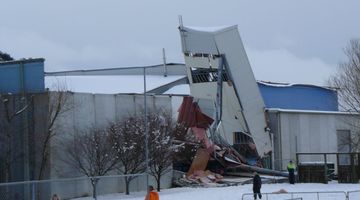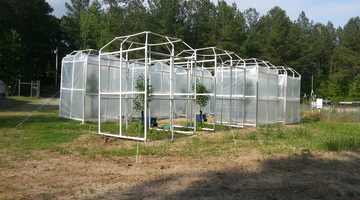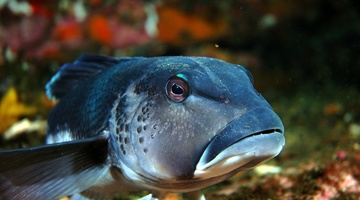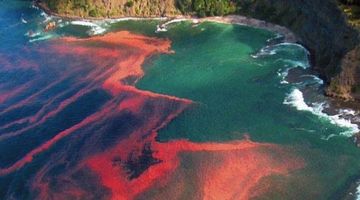

Observing and asking questions are essential parts of what a scientist does. Through their observations, scientists try to build more accurate explanations of how the world works. The scientists ...
READ MORE

Position: Former Research Scientist, NIWA. Currently Expedition leader Field: Atmospheric chemistry Dr Katja Riedel was a research scientist with NIWA and, at present, is based in Wellington. She ...
READ MORE

Water seems to be everywhere in New Zealand. Oceans surround us. There are hundreds of lakes and rivers. Some South Island regions get more than 10 metres of rain each year. We have so much ...
READ MORE

Our atmosphere and climate 2020 is an environmental report produced by the Ministry for the Environment and Stats NZ. The report uses extensive long-term datasets to demonstrate some of the ...
READ MORE

In this activity, students examine the role of heat as water changes from a solid to a liquid to a gas and back again. By the end of this activity, students should be able to: identify a logical ...
READ MORE

The National Institute of Water and Atmospheric Research (NIWA) gathers weather data throughout Aotearoa New Zealand. NIWA and its predecessors have been gathering this information for decades ...
READ MORE

Large snow events in most parts of New Zealand are uncommon. However, if you are in the South Island or the central North Island, this citizen science project could be a great one for your ...
READ MORE

This citizen science project wants your assistance to extract information from various climate scientific graphics to help combat misinformation and support scientific communication. Using this ...
READ MORE

By comparing some features of fossilised plants with the same features of plants living today, scientists hope to be able to learn more about the effect of changing carbon dioxide (CO2) levels in ...
READ MORE

There are many marine classroom activities and resources on the Science Learning Hub useful for Seaweek 2015. This online PD session recorded on 19 February 2015 shows primary and secondary ...
READ MORE

Seaweek is New Zealand’s annual national week about the sea. It is coordinated by the Sir Peter Blake Marine Education and Recreation Centre (MERC) and includes a wide range of events ...
READ MORE

In this recorded professional learning session, Lyn Rogers and Angela Schipper explore how teachers can plan to engage students in science topics that they may perceive as difficult. They model ...
READ MORE
NIWA scientist Dr Katja Riedel travels to Antarctica to collect 300-year-old ice samples. She studies the ice to learn how our atmosphere has changed over the centuries.
READ MORE
Scientists observe water in its different forms to develop explanations of how the world works.
READ MORE
Water is all around us. Water can be a liquid – like rain or in rivers, lakes and oceans. Snow and ice are solid water. Water can even be a gas. Most things on Earth need water to live. Point of ...
READ MORE

This interactive uses information from Our atmosphere and climate 2023 – an environmental report produced by the Ministry for the Environment and Stats NZ – to present evidence of climate change ...
READ MORE

This slideshow, from the PLD webinar Tackling planning in science, provides additional support for the video tutorial. Use the Slideshow menu for further options, including view full screen, and ...
READ MORE

This timeline lets you see the historical developments in technology related to weather monitoring, measuring and forecasting. It also shows how scientific thinking changed over the centuries as ...
READ MORE